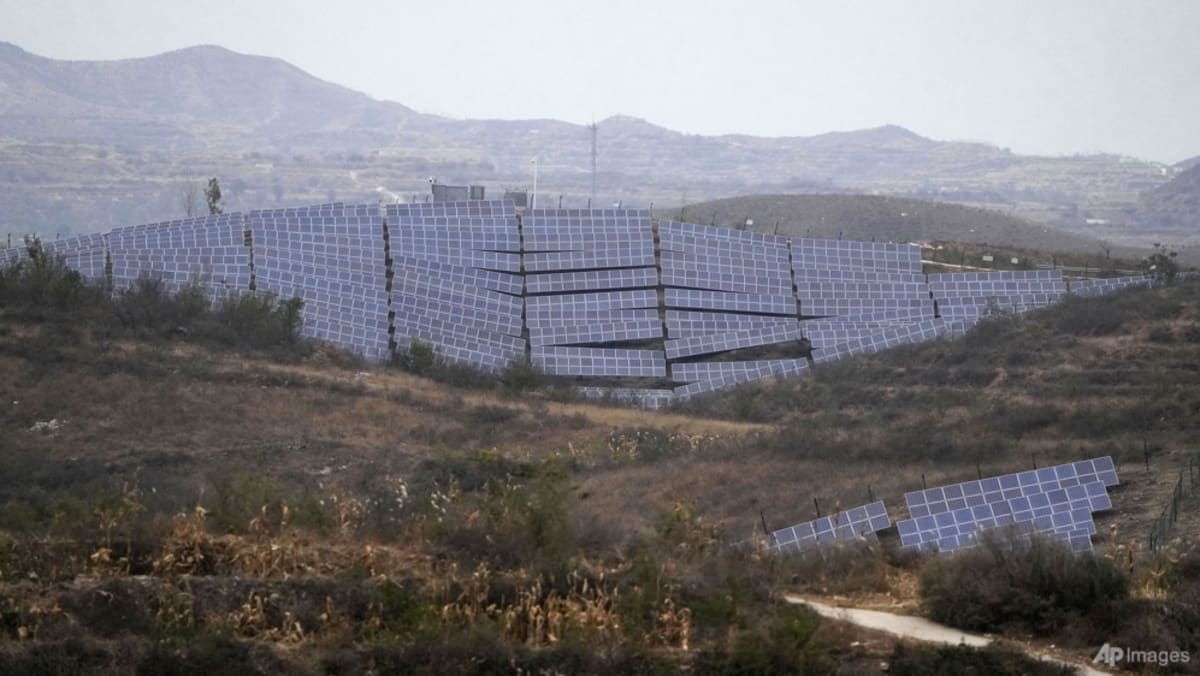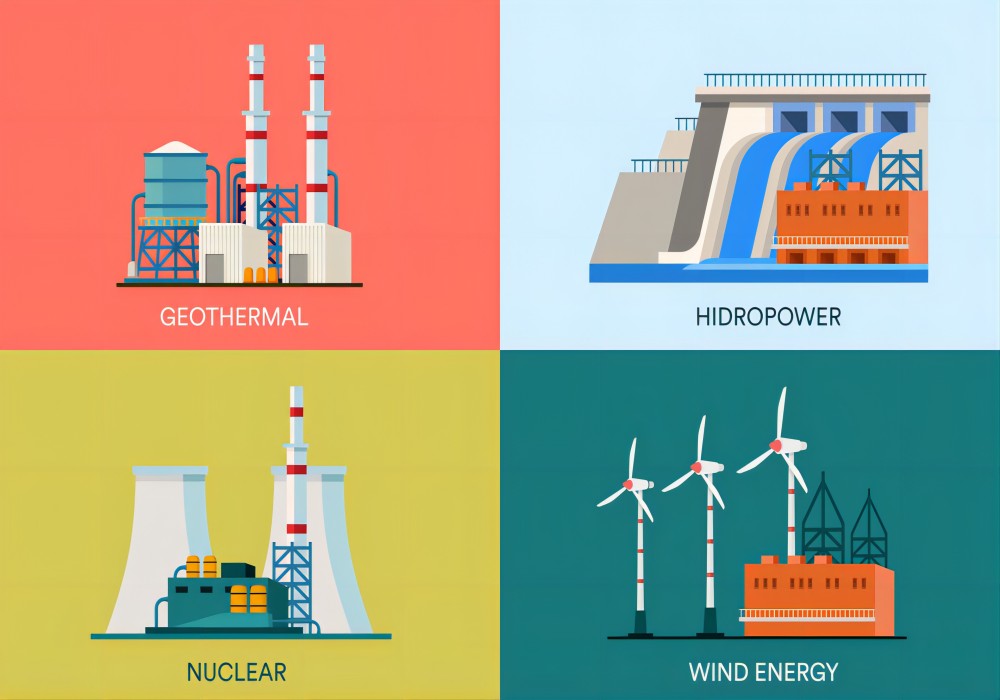The UK is facing a pressing challenge in tracking its emissions as it prepares to import a record amount of electricity from Europe, potentially up to 20% of its total supply, this summer. This revelation raises concerns about energy security, stable power prices, and the transparency of emissions reporting.
Shifting Energy Dynamics
Over the past decade, the UK has transitioned from a diverse portfolio of domestic electricity generation, including oil, nuclear, and coal, to relying more on weather-dependent renewables and imported power from the Continent via undersea interconnector cables. However, this reliance on overseas-generated power comes at a cost, both financially and environmentally.
Rising Imports and Lack of Transparency
Last year, 13% of the UK’s electricity supply was imported, a significant increase from 7% four years ago. With plans to expand the number of interconnectors from nine to 15, the UK could see nearly a quarter of its electricity being imported by the end of the decade. However, there is a lack of transparency regarding the sources of this imported power.
Unfair Advantage and Misleading Statements
Interconnectors enjoy an unfair competitive advantage as they are exempt from transmission charges, and the overseas generators supplying power to the UK are not subject to carbon taxes. Despite claims by ministers that most imported power is low-carbon, recent parliamentary answers reveal a lack of clarity regarding the sources of imported electricity, raising doubts about its environmental impact.
Urgent Need for Scrutiny and Domestic Investment
The growing reliance on imported power necessitates urgent scrutiny. Instead of funding overseas energy companies, the focus should be on bolstering domestic resilience, ensuring accurate reporting of emissions, and reducing energy costs for UK consumers. Building a robust domestic energy infrastructure is crucial for enhancing energy security and achieving long-term sustainability goals.
Source:thetimes.co.uk





